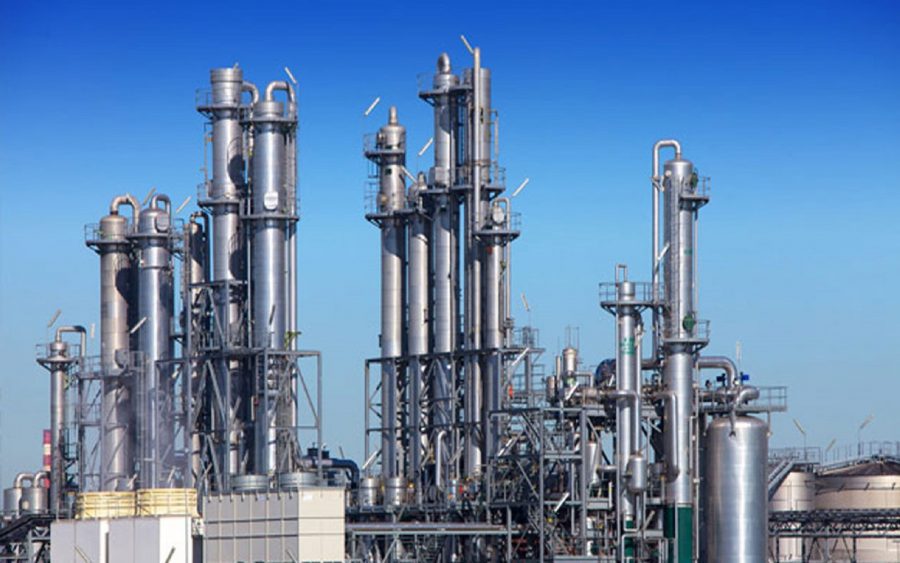In a recent publication, the International Energy Agency (IEA) has shed light on the transformative potential of the Dangote refinery in shaping the future of energy production and consumption in Africa. With a colossal capacity of 650,000 barrels per day, this sprawling facility is poised to play a pivotal role in meeting the burgeoning oil demand across the continent. As unveiled in their October 2023 World Energy Outlook report, the IEA’s insights are poised to alter the energy landscape for African nations that rely heavily on imported refined energy products.
African nations have long been tethered to the import of refined energy products, constituting a substantial portion of their energy supply. However, the Dangote refinery in Nigeria is on the brink of revolutionizing this energy paradigm. With the potential to significantly boost local energy production and reduce dependency on imports, this refinery emerges as a beacon of hope for African energy sustainability.
African Energy Landscape
The IEA’s World Energy Outlook emphasizes the current scenario, where Africa produces approximately 7 million barrels of oil daily, with nearly 40% of this output earmarked for export. This, however, is not a sustainable solution, as the report underscores that oil production is expected to decline. The primary reason behind this impending decline is the limited discovery of new oil fields. Without these discoveries, it becomes challenging to compensate for the reduction in output from existing fields.
The Role of Dangote Refinery
This is where the Dangote refinery comes into play. Although the refinery has yet to commence operations, it promises to transform Africa’s energy future. Dangote Group Executive Director Devakumar Edwin had assured in September 2023 that the refinery would start producing diesel and aviation fuel in October, with petrol refining slated for November. Unfortunately, there are indications that these timelines might not be met as initially expected, though the exact reasons for potential delays remain undisclosed.
The uncertainty surrounding the refinery’s operational timeline raises questions about the challenges and complexities of establishing and commencing operations at such a significant industrial facility. Clearly, the Dangote refinery is poised to revolutionize the energy landscape in Africa, but the path to its realization is far from straightforward.
At the time of this report, attempts to contact the management team at Dangote Refinery have proven unsuccessful, leaving stakeholders and observers anxious about the project’s future and its potential contribution to African energy sustainability.
A Versatile and Advanced Facility
The Dangote Refinery is designed as a state-of-the-art facility capable of processing 100% Nigerian crude oil while demonstrating remarkable adaptability to handle various other types of crude oil. Its engineering allows it to process various crude oil varieties, ranging from African crudes to several Middle Eastern varieties and even US Light Tight Oil. This versatility positions the Dangote Refinery as a significant player in the global energy landscape.
In conclusion, with its immense capacity and versatility, the Dangote refinery holds the key to meeting the surging demand for oil products in Africa. The refinery’s potential to reduce import dependence and boost local production is vital for the continent’s energy sustainability. However, the project’s current uncertainties underline the intricacies of establishing such a significant industrial facility. As Africa stands at the cusp of a transformative energy journey, the Dangote refinery’s successful operation could be a game-changer.











